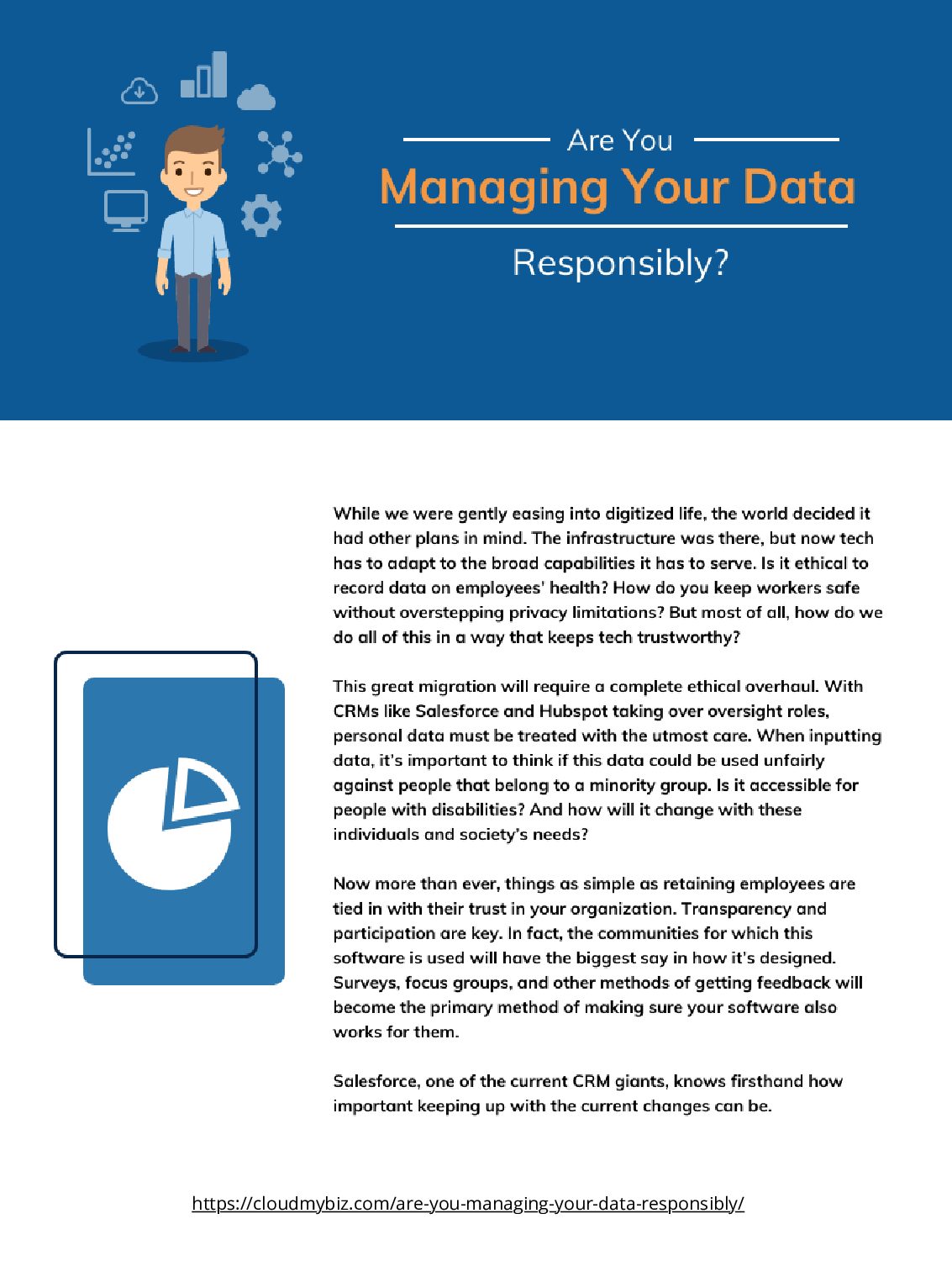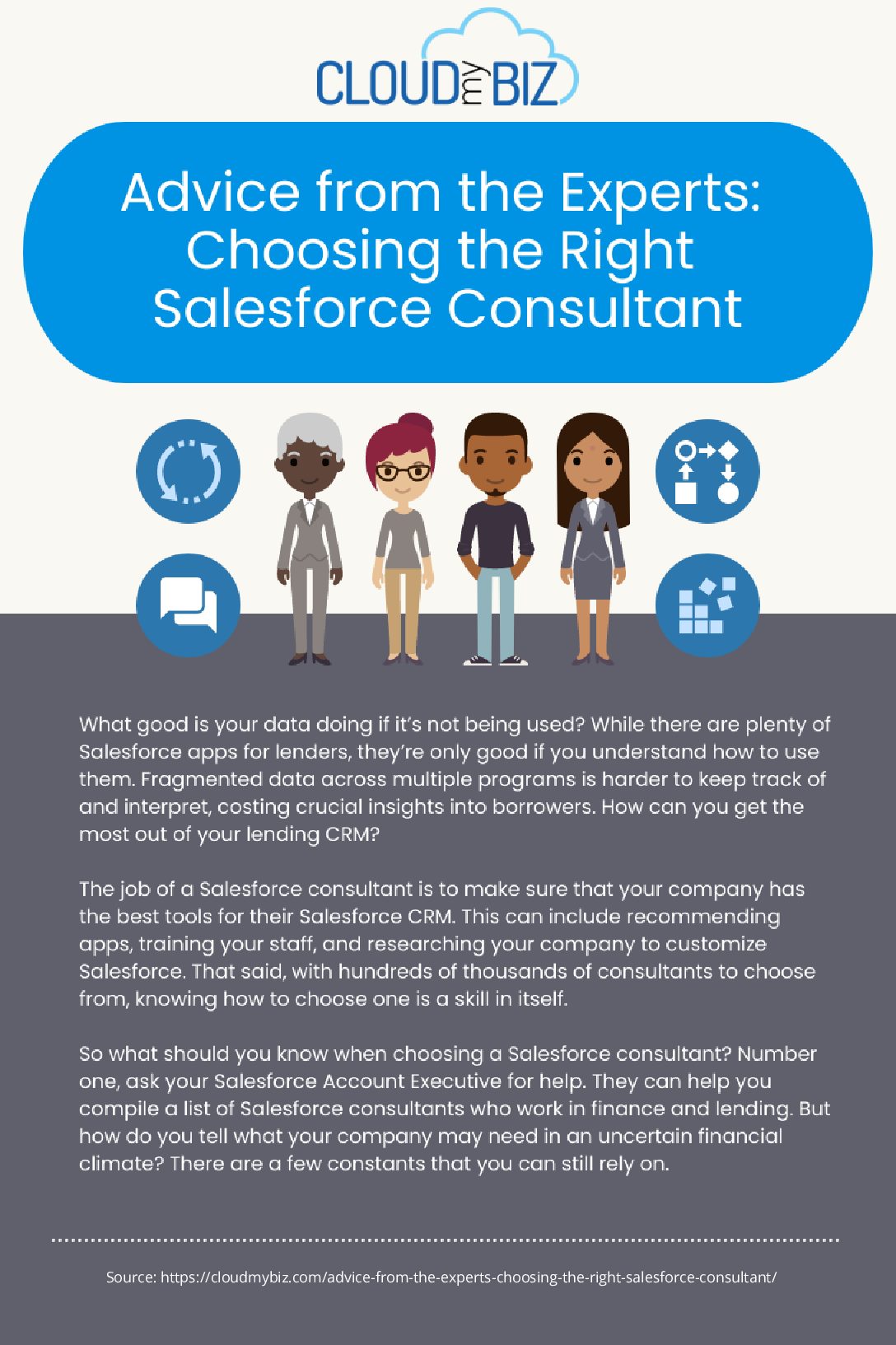
by Mike Walsh | Jul 24, 2020 | Blog, From Around the Web
We’re finally beginning to understand how to care for our physical health in the pandemic. Wear your mask, keep a safe distance from other people, avoid crowded and poorly ventilated spaces. Simple enough, right? But what about the health of your finances? Just like your own well-being, there are simple measures you can take to protect your wallet’s as well.
First, a financial checkup: Do you know how much you spend every week? Making accurate judgements about your financial health is impossible without knowing where your money is going. If you don’t already, start to take note of how much goes to food, housing, and other expenses as part of your weekly budget. If you are new to budgeting, there are apps that can link to your bank account and help you track your expenses.
No matter where you are financially, be sure to save something for your future. Even $100 can put a buffer between you and financial uncertainty. Though the future is always unpredictable, remember that your retirement savings account allows you to save more money over time than a standard savings account.
These are fairly basic steps, but fully investing in your bank account’s preventative care can ensure you have the resources for your own physical health. The list continues here with this article from Finance Monthly.
CEO of CloudMyBiz Salesforce CRM consulting services with a deep knowledge in the lending industry. Taking keen interest in the project management side of operations, playing a vital role in the 31% YOY company growth. Strategic leader, mastering the ability to problem solve at every level of the business, providing effective solutions for clients.

by Mike Walsh | Jul 22, 2020 | Blog, From Around the Web
While we were gently easing into digitized life, the world decided it had other plans in mind. The infrastructure was there, but now tech has to adapt to the broad capabilities it has to serve. Is it ethical to record data on employees’ health? How do you keep workers safe without overstepping privacy limitations? But most of all, how do we do all of this in a way that keeps tech trustworthy?
This great migration will require a complete ethical overhaul. With CRMs like Salesforce and Hubspot taking over oversight roles, personal data must be treated with the utmost care. When inputting data, it’s important to think if this data could be used unfairly against people that belong to a minority group. Is it accessible for people with disabilities? And how will it change with these individuals and society’s needs?

Now more than ever, things as simple as retaining employees are tied in with their trust in your organization. Transparency and participation are key. In fact, the communities for which this software is used will have the biggest say in how it’s designed. Surveys, focus groups, and other methods of getting feedback will become the primary method of making sure your software also works for them.
Salesforce, one of the current CRM giants, knows firsthand how important keeping up with the current changes can be. They have five pieces of advice to responsibly manage data in this article by World Economic Forum.
CEO of CloudMyBiz Salesforce CRM consulting services with a deep knowledge in the lending industry. Taking keen interest in the project management side of operations, playing a vital role in the 31% YOY company growth. Strategic leader, mastering the ability to problem solve at every level of the business, providing effective solutions for clients.

by Mike Walsh | Jul 21, 2020 | Blog, From Around the Web

When the world went digital, so did finance. Unlike many industries, finance had a fairly easy transition from in-person to virtual life. That said, when you consider how common things like virtual banking and virtual bill pay were even before the pandemic, it’s hardly a mystery why. But, does this current success predict a smooth future?
While we don’t currently know, there are a few things we can look at to take a guess. One point to consider is the stability (or lack thereof) of the overall economy. Though many financial institutions quickly jumped to virtual services, will the rest of the workforce adjust as easily? And what does that mean for those that don’t?
Another factor is the multitude of uncertainties surrounding the pandemic. We aren’t sure when the first vaccine will be ready for use, or even how we will adjust back to our regular lives. The pandemic has highlighted the flaws in insurance’s current design and made fixing them an urgent priority. And, with so many businesses’ futures up in the air, long-term planning for lenders is difficult at best.
What will the upcoming demand for loans look like? How will policy change to suit it? And how will this fit in with the churning seas of the pandemic? Consider talking with the experts to develop a customized plan for your lending services.
CEO of CloudMyBiz Salesforce CRM consulting services with a deep knowledge in the lending industry. Taking keen interest in the project management side of operations, playing a vital role in the 31% YOY company growth. Strategic leader, mastering the ability to problem solve at every level of the business, providing effective solutions for clients.

by Mike Walsh | Jul 17, 2020 | Blog, From Around the Web
What good is your data doing if it’s not being used? While there are plenty of Salesforce apps for lenders, they’re only good if you understand how to use them. Fragmented data across multiple programs is harder to keep track of and interpret, costing crucial insights into borrowers. How can you get the most out of your lending CRM?

Photo by fauxels from Pexels
The job of a Salesforce consultant is to make sure that your company has the best tools for their Salesforce CRM. This can include recommending apps, business consulting services, training your staff, and researching your company to create a custom Salesforce CRM solution. That said, with hundreds of thousands of consultants to choose from, knowing how to choose one is a skill in itself.
So what should you know when choosing a Salesforce consultant? Number one, ask your Salesforce Account Executive for help. They can help you compile a list of Salesforce consultants who work in finance and lending. But how do you tell what your company may need in an uncertain financial climate? There are a few constants that you can still rely on.
CEO of CloudMyBiz Salesforce CRM consulting services with a deep knowledge in the lending industry. Taking keen interest in the project management side of operations, playing a vital role in the 31% YOY company growth. Strategic leader, mastering the ability to problem solve at every level of the business, providing effective solutions for clients.

by Mike Walsh | Jul 17, 2020 | Blog, From Around the Web
With mounting financial pressure on borrowers and lenders, the economy is fighting to recover from the pandemic. Lenders and investors sat cautiously after the 2008 recession, leaving struggling businesses limited resources. However, will they act quicker this time? Due to advances in risk assessment technology and lessons from 2008, the answer looks like a yes.

Factors that make someone too risky for bank loans are not necessarily as hazardous for alternative lenders. Even now, they are looking for new opportunities in businesses that can readily adapt to post-pandemic life. The flexibility of alternative funding makes it a more appealing option for struggling businesses with pressing financial needs.
While normal circumstances would give many businesses time to make themselves more appealing to lenders, the urgency of the unexpected financial hit is driving many to seek immediate help. But, how can businesses make sense of their options? This article from Finance Monthly explains how.
CEO of CloudMyBiz Salesforce CRM consulting services with a deep knowledge in the lending industry. Taking keen interest in the project management side of operations, playing a vital role in the 31% YOY company growth. Strategic leader, mastering the ability to problem solve at every level of the business, providing effective solutions for clients.

by Mike Walsh | Jul 5, 2020 | Blog, From Around the Web

How is your company making changes and adjustments to accommodate for social distancing? Maybe town hall meetings, or virtual happy hours?
How about hosting a virtual Black Tie event?
https://www.salesforce.org/3-creative-ways-nonprofits-rethinking-virtual-fundraising
CEO of CloudMyBiz Salesforce CRM consulting services with a deep knowledge in the lending industry. Taking keen interest in the project management side of operations, playing a vital role in the 31% YOY company growth. Strategic leader, mastering the ability to problem solve at every level of the business, providing effective solutions for clients.











